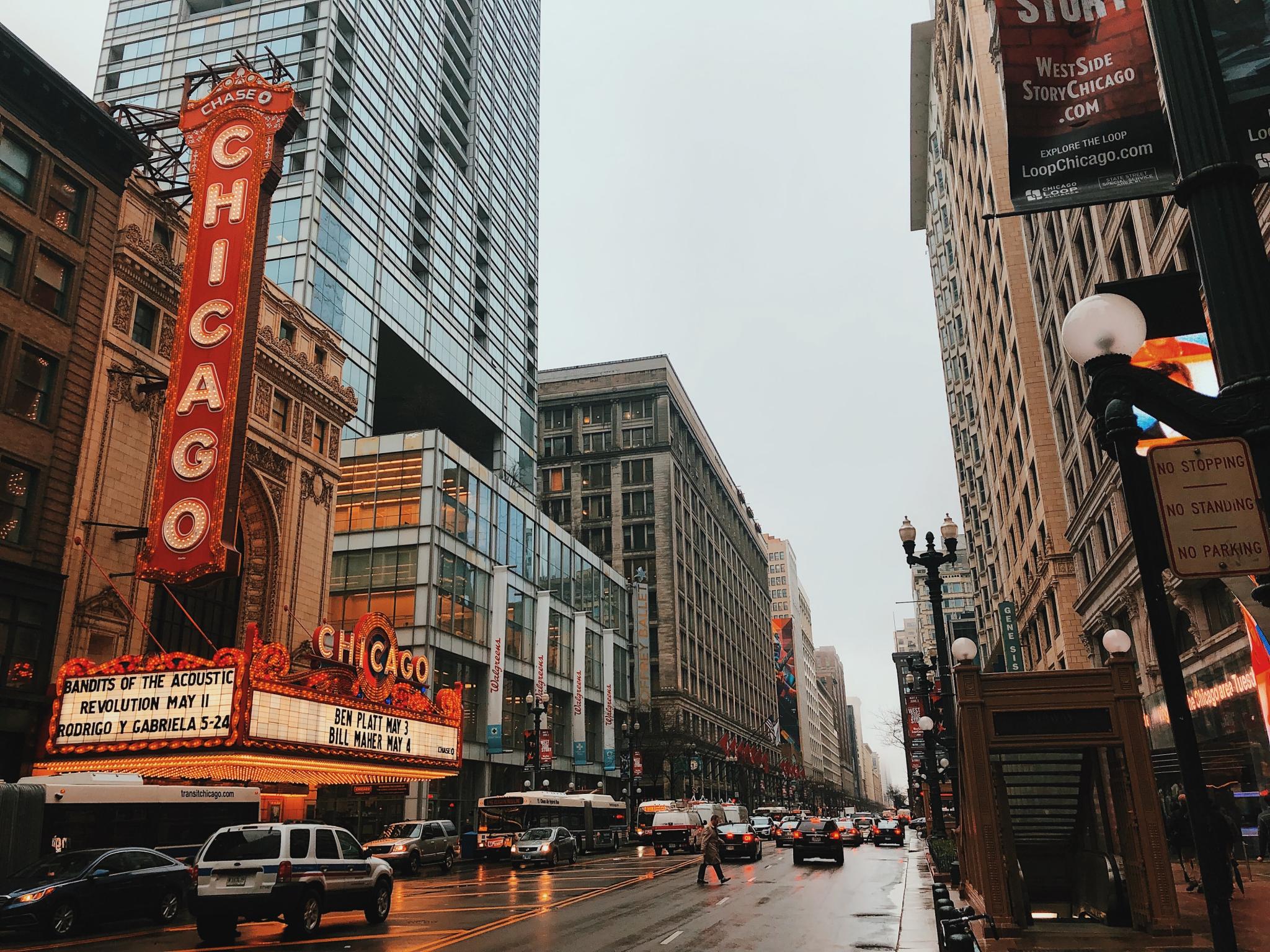
After rebounding in February from a weak January, adult-use cannabis sales got back on track in March. Sales of $131 million rose 15% from February, as compared to a year ago when growth fell from 41% to 20%.
The state’s roaring 2021 adult-use sales of $1.38 billion increased 106% over 2020, and year-to-date sales of $231.3 million have increased 30% so far in 2022.
Welcome Neighbors
Illinois wisely allows weed sales to non-residents, a neighborly move that has added to its coffers by increasing percentages of overall sales to a record 34.2% in October, though they fell subsequently to 30% in February then jumped again by 31% in March.
Illinois, which separately releases medical marijuana, reported that sales totaled $32 million in March, down 10% from last year.
Taking into account both medical and adult-use sales, total cannabis sales in March grew 12.5% to $162.9 million, with combined cannabis sales up 20% from last year, totaling a healthy $1.78 billion.
And Then There’s The Lawsuit
Two men who were hoping to apply for state-issued cannabis dispensary licenses via three different lotteries are in court seeking a judge's order to block the Illinois Department of Financial and Professional Regulation from issuing 185 lucrative and highly coveted licenses.
The men’s complaint? Juan Finch Jr. and Mark Toigo argue that they have been blocked from participating in the lotteries.
Why? Their two-count complaint, filed in late March, seeks to block state regulators from giving preferential treatment to applicants who live in Illinois, reported Patch.com.
According to the suit, Finch is a Chicago resident and active-duty U.S. Navy sailor who was living in California when he applied for a dispensary license in 2019. Toigo is a Pennsylvania-based cannabis investor.
State regulators have pledged not to issue any cannabis dispensary licenses pending a federal judge's ruling in the lawsuit.
State's Rationale? Social Equity Applicants Given Priority
The Illinois regulatory body has stated that it does not discriminate against non-residents but rather that the “stated rationale in the [Cannabis Regulation and Tax] Act for awarding particular benefits to social equity applicants—i.e., to remedy harms resulting from disproportionate enforcement of cannabis-related laws—applies equally to Americans in all states, and thus can be achieved without discriminating against nonresidents."







